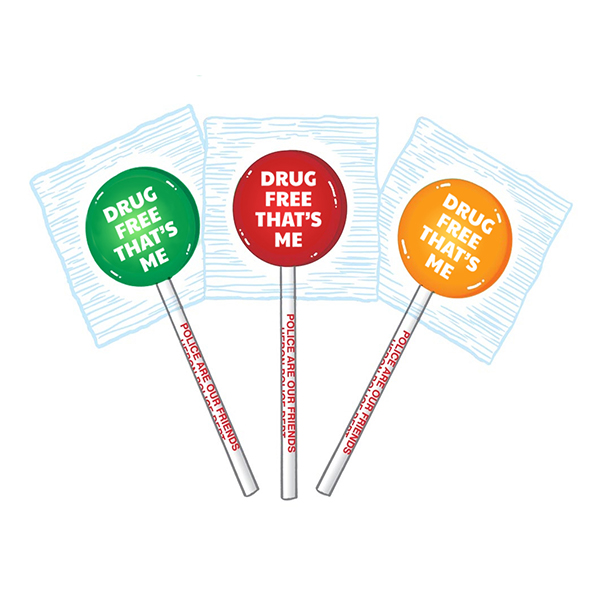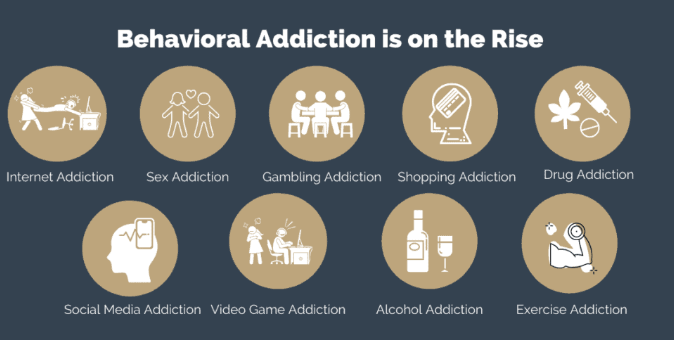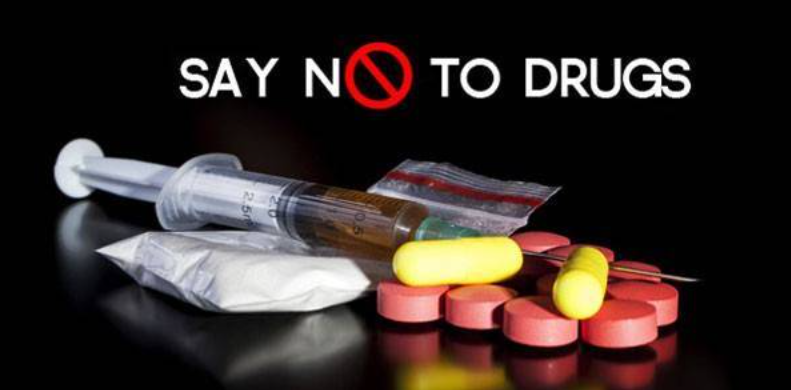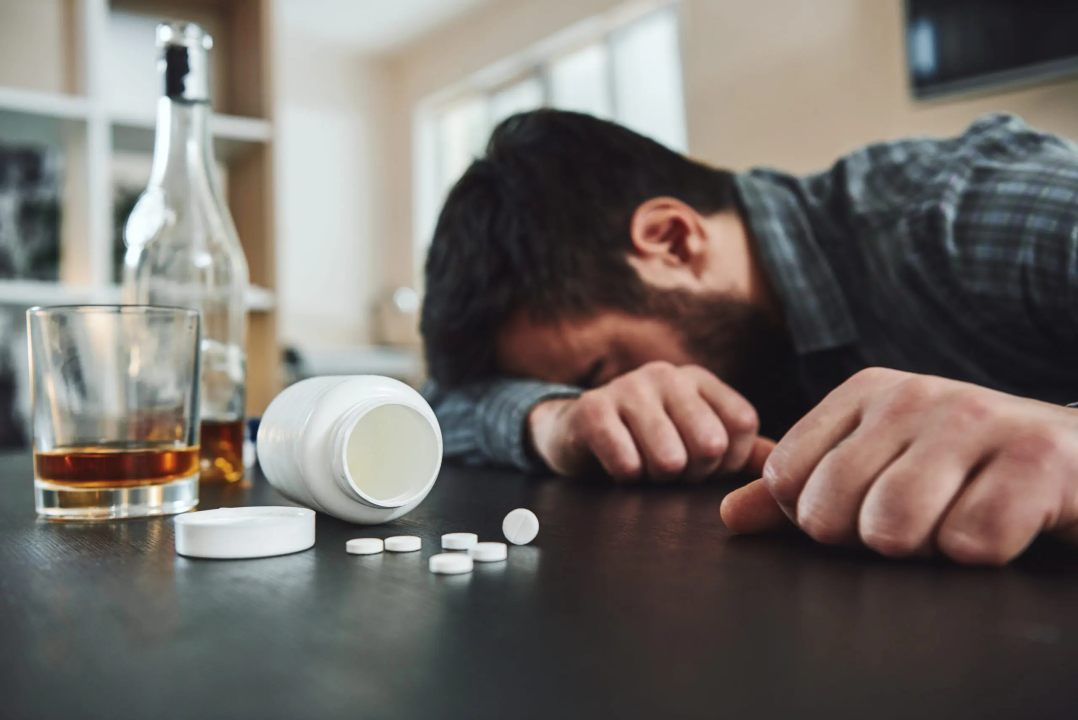Understanding the Different Types of Addiction

Addiction is not just about using drugs or alcohol. It’s a complex health condition that affects the brain and behaviour. In today’s world, more and more people are falling into the trap of addiction, often without even realising it. In this article, we will discuss the different types of addiction, their signs, and how to seek help. Whether you are a student or a parent, understanding these types can help you or someone you care about live a healthier life.
What is Addiction?
Before we look into the types of addiction, let’s understand what addiction really means. Addiction is a condition where a person becomes dependent on a substance or activity. They feel like they can’t stop, even if it causes harm. Addiction changes how the brain works and makes it hard to make good choices.
To understand the root reasons behind addictive behaviour, it’s important to explore the causes of addiction. These causes can include emotional, environmental, and biological factors that make someone more vulnerable to dependency.
Addiction can be physical, mental, or both. People may get addicted to substances like alcohol, drugs, or even behaviours like gaming or shopping. This distinction between psychological dependence and physical dependence helps explain how addiction develops differently in each person.
Now let’s explore the different types of addiction that people face today.

1. Substance Addiction
One of the most common types of addiction is substance addiction. This includes addiction to alcohol, tobacco, or drugs. Substance addiction affects millions of people and is often the hardest to overcome.
Examples:
-
Alcohol Addiction: Many people become addicted to drinking. It starts with social drinking and turns into a habit. Over time, the body needs alcohol to function. Learn more about recovery options in alcohol addiction treatment.
-
Drug Addiction: Drugs like heroin, cocaine, and even some painkillers can cause serious addiction. These substances affect brain chemicals and lead to dependency. Find out how help is available through drug addiction treatment.
-
Nicotine Addiction: Found in cigarettes and tobacco products, nicotine is highly addictive. Teenagers are particularly vulnerable to peer pressure.
Recognising the signs and symptoms of drug addiction can help families and friends identify when someone needs professional intervention.
2. Prescription Medication Addiction
Among the growing types of addiction today is the misuse of prescription medications. Some people start taking medicine for pain or anxiety, and later become dependent on it.
Commonly abused medicines:
-
Painkillers like opioids (e.g., morphine, oxycodone)
-
Sleep medicines
-
Anti-anxiety pills
People often believe that prescribed medicine is safe, but misuse can lead to serious problems. Counselling and structured treatment programs, like counselling in addiction recovery, can help individuals safely overcome such dependencies.
3. Behavioural Addiction
Not all addictions are related to substances. Behavioural addiction is one of the lesser-known types of addiction. This happens when someone becomes addicted to certain actions or behaviours.
Examples:
-
Gaming Addiction: Playing video games for long hours every day, ignoring studies and personal health. Learn more under Internet and Gaming Addiction
-
Internet Addiction: Constantly being online, browsing, or scrolling social media without purpose.
-
Shopping Addiction: Buying things unnecessarily to feel better.
These types of addiction can seem harmless at first, but they can ruin studies, relationships, and mental health.
4. Food Addiction
This is one of the most common yet ignored types of addiction. Food addiction is when a person can’t control their eating habits, especially junk food, sugar, and carbs.
People with food addiction often:
-
Eat even when they are not hungry
-
Feel guilty after eating
-
Try to hide their eating habits
Overeating can lead to obesity, diabetes, and other health issues.
5. Mobile and Social Media Addiction
A newer entry among the types of addiction is mobile and social media addiction. Teenagers often spend hours on platforms like Instagram, YouTube, or gaming apps.
Signs of this addiction:
-
Checking the phone every few minutes
-
Feeling anxious without the phone
-
Losing sleep due to late-night browsing
This addiction is increasing due to the growth of smartphones and AI-powered apps that keep users engaged. Tools like AI Tools for Social Media Management have made it easier to target users and keep them online longer. While useful for digital marketing, they can also feed into addictive habits.
6. Gambling Addiction
Gambling addiction is one of the serious types of addiction, where a person can’t stop betting or gambling, even when they lose money.
Teenagers may start with online games or apps that seem harmless, but later move to money-based games.
Signs include:
-
Constantly thinking about gambling
-
Lying about money or losses
-
Taking loans or stealing to gamble
7. Pornography Addiction
One of the silent types of addiction, this mostly affects teenagers and young adults. With free access to the internet, many people start watching adult content casually. Over time, it becomes a habit that’s hard to stop.
It can:
-
Affect relationships
-
Change how one views love and sex
-
Causes feelings of guilt and low self-esteem
8. Work Addiction (Workaholism)
While working hard is a good quality, getting addicted to work can be harmful. This is another behavioural type among the types of addiction. People who are workaholics often avoid rest, relationships, and fun.
Common signs:
-
Thinking about work all the time
-
Feeling guilty for taking breaks
-
Ignoring family and health
This kind of addiction is often praised in society, but can lead to stress and burnout.
9. Exercise Addiction
Yes, even healthy habits like exercising can turn into an addiction. Exercise addiction is when a person works out too much and becomes obsessed with body image or fitness.
They may:
-
Exercise despite injury
-
Feel depressed if they miss a workout
-
Avoid friends or family just to go to the gym
Among the types of addiction, this one is often overlooked but still harmful.
10. Love and Relationship Addiction
Some people are addicted to the feeling of being in love or needing attention. They may jump from one relationship to another or fear being alone.
This addiction can:
-
Lead to toxic relationships
-
Affect mental health
-
Create low self-worth
It’s important to build self-love and confidence to avoid such dependency.

Why Do People Get Addicted?
There is no single reason behind addiction. Each person’s journey is different, but some common causes include:
-
Peer Pressure: Especially among students and teens.
-
Stress or Anxiety: People try to escape feelings through addictive behaviour.
-
Curiosity: Wanting to try something new or exciting.
-
Genetics: Addiction can run in families.
-
Mental Health Issues: Like depression or trauma.
Understanding the causes of addiction can help us deal with different types of addiction more effectively.
How to Know If You’re Addicted
Ask yourself these simple questions:
-
Do I feel guilty after doing it?
-
Can I stop if I want to?
-
Is it affecting my studies, health, or relationships?
If the answer is “yes” to any of these, you might be facing one of the types of addiction.
How to Get Help
The first step to recovery is accepting that there is a problem. You are not alone, and many people have overcome addiction with the right support. Talk to someone you trust—like a parent, teacher, or counsellor.
Structured programs such as Stages of Drug Rehabilitation outline how individuals progress from detox to full recovery. Combining these with Therapy for Addicts and Counselling in Addiction Recovery ensures a holistic healing process.
Prevention is Better Than Cure
Instead of waiting to become addicted, learn to make healthy choices:
-
Say no to peer pressure
-
Spend time outdoors
-
Build real friendships
-
Take part in hobbies or creative work
-
Practice meditation or yoga
Remember, awareness is your first line of defence against any of type of addiction.
Conclusion: You Have the Power to Choose Better
Addiction can affect anyone, regardless of age, gender, or background. But it doesn’t have to control your life. The key is to recognise the signs early and take action.
If you or someone you know is struggling with any of these types of addiction, don’t hesitate to seek help. The best nasha mukti kendra in Dehradun offers professional care, guidance, and recovery plans designed to support people at every stage of their healing journey.
At Prayas Wellness, we believe that no struggle is too big and no person is beyond help. With the right knowledge, support, and choices, you can build a life free from addiction and full of purpose.
